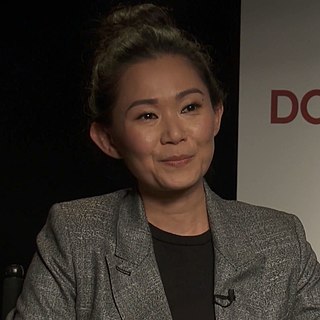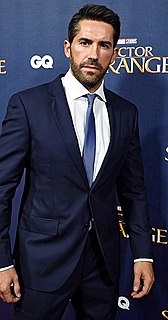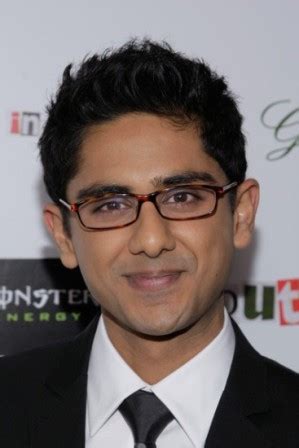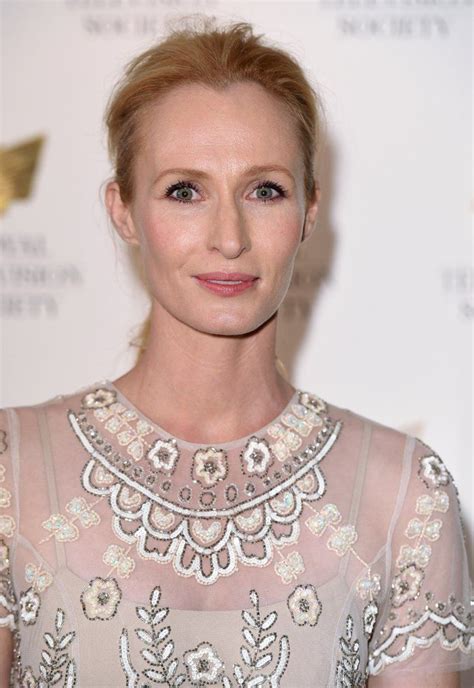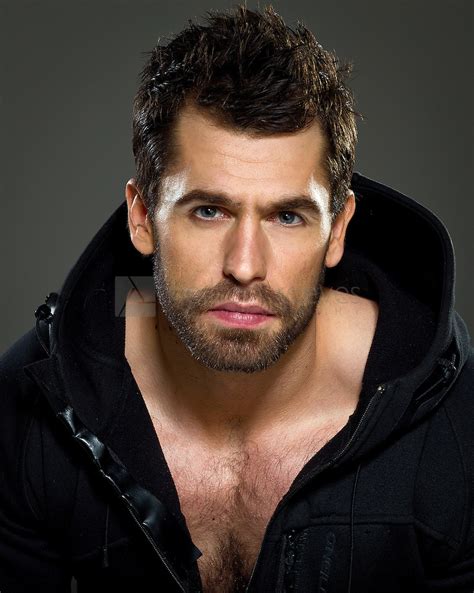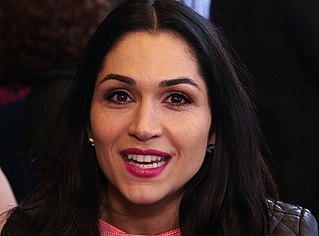A Quote by Adrian McKinty
I speak with a Northern Irish accent with a tinge of New York. My wife has a bit of a Boston accent; my oldest daughter talks with a Denver accent, and my youngest has a true blue Aussie accent. It's complicated.
Related Quotes
I think moving from Ireland to Australia, you couldn't get a more different accent on the palate. The Irish accent is very muscular and involves a lot of tongue and cheek-muscle work, whereas the Australian accent is really flat; the palate is quite broad. They're at almost opposite ends of the scale, so I feel it was good training.
They said [on a day show], oh, you can't do a Chinese accent. That's - and I said, I'm not doing a Chinese accent. I'm doing my friend's accent. And they said, yeah, you can't do that. And I said, OK, but can I do a Russian accent? And they said, yeah, yeah, of course, you can do that. I said, and a British accent? They said, yeah, go ahead. And I couldn't understand.





